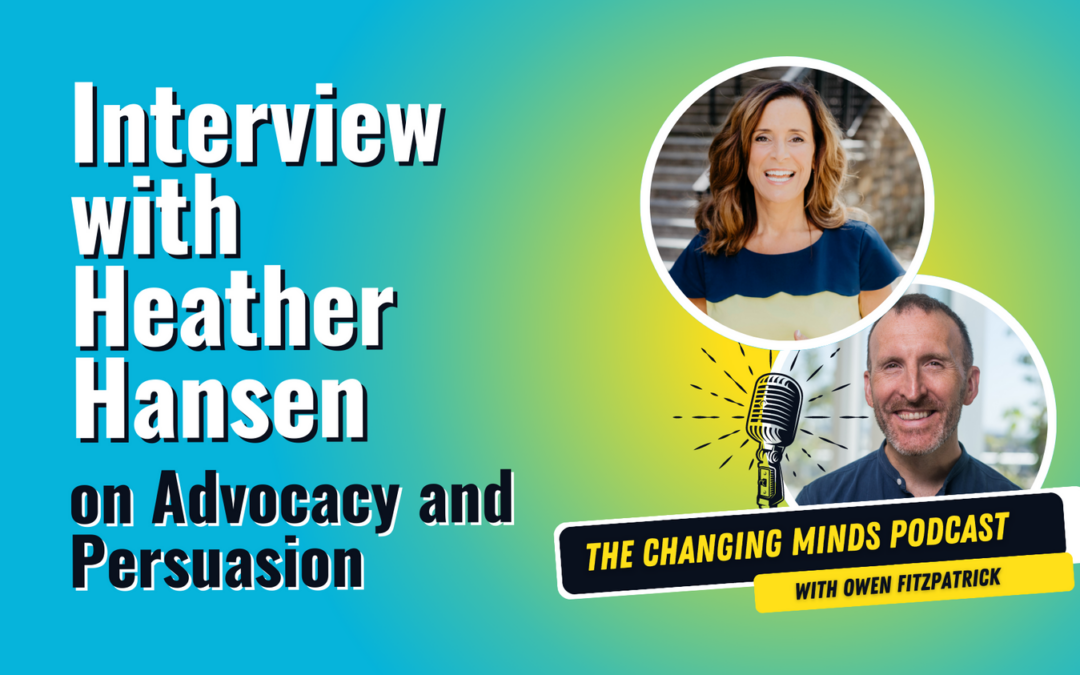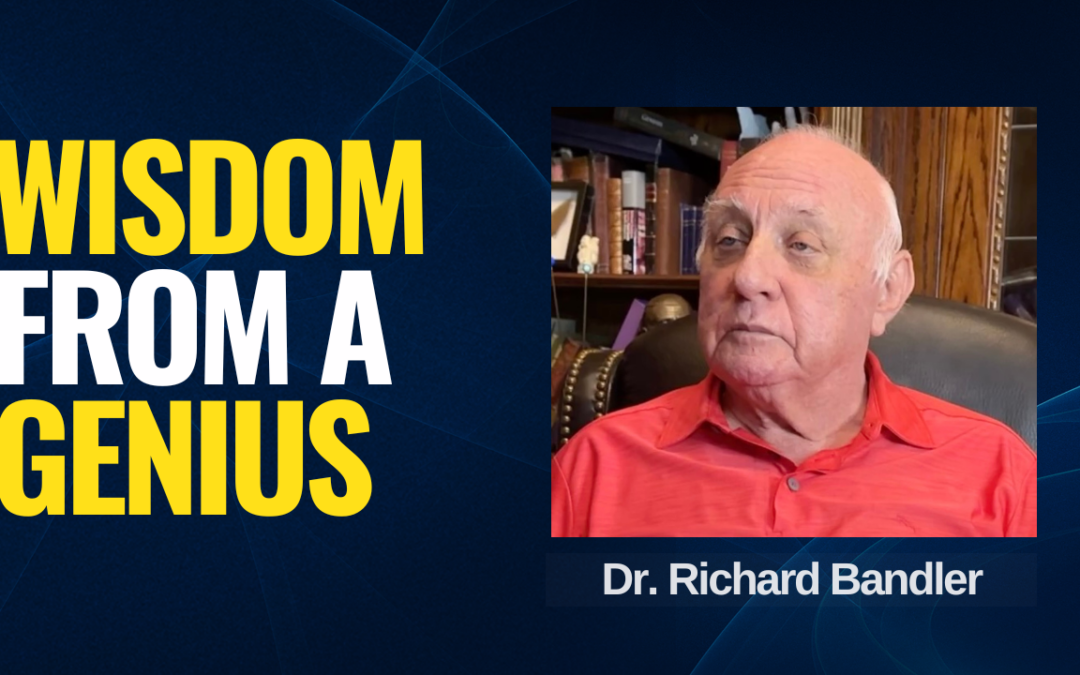Jim Collins is a Stanford professor of what makes great companies tick. He has authored or coauthored six books that have sold in total more than 10 million copies worldwide. They include Good to Great, the #1 bestseller, which examines why some companies make the leap to superior results, the enduring classic Built to Last, which explores how some leaders build companies that remain visionary for generations; How the Mighty Fall, which delves into how once-great companies can self-destruct; and Great by Choice, which is about thriving in chaos—why some do, and others don’t.
Built to Last (with Jerry Poras) 1994
Secrets behind 18 legendary companies 6 years research. Survey of CEO’s of 18 visionary companies
Some of the 18 Companies identified: Disney Ford GE HP IBM Marriott Johnson and Johnson Sony Was Mart Boeing American Express
Don’t need a great idea… do need a great ideology. SONY (mini golf bean paste, AMERICAN EXPRESS (mail business)
Ideology Apple Think different. Wall Mart low prices great customer service
Cultish but don’t need charismatic leadership
Experiment but keep what works
Home Grown management
Big hairy Audacious Goals
Never believe they are good enough
Clock Building not Time Telling: Build a culture and a company that can endure and adapt through different leaders and teams
Genius of AND: Embrace both extremes on different factors at the same time (purpose + profit, freedom + responsibility)
Core Ideology: Be clear about core values and purpose to help decisions over long term.More than profit
Preserve the Core/Stimulate Progress: Keep core ideology while stimulating innovation and adaptation with BHAG in alignment with core ideology
Good to Great 2001 over 5 years
11 companies that had 3 times financial success of average market companies
Ended up being more like prequel not sequel
Examples: Abbott, Circuit City, Fannie Mae, Gillette, Kimberly-Clark, Kroger, Nucor, Philip Morris, Pitney Bowes, Walgreens, Wells Fargo
Level 5 leader: paradoxical mix of personal humility and professional will
Individual Contributor, Effective Team Player, Effective Manager, Effective Leader, Executive
First who then what: Get rid of people that aren’t right or at least first move them around
Confront Brutal facts (honest self and in organisation with faith) Stockdale paradox… optimists died 8 years captured Vietnam
Hedgehog concept (passion, economic engine, could be best at: BHAG) Yes and No Best at, economic engine, passionate about BHAG
Technology accelerators (not creators)
Culture of Discipline (bureaucracy bad… discipline essential)
Fly Wheel not Doom Loop- not radical changes and big approaches… instead steady consistent focused work
GREAT BY CHOICE
9 years study… companies thrive uncertainty
Discipline (south pole… 20 miles every day)
Evidence supported innovation (test runs by apple for iPod and ITunes) Fire Bullets, then Cannonballs
Work hard never rely on luck
Productive Paranoia
How the Mighty fall
4 years study
Series of stages that indicate when a company is going out of business
- Hubris from Success
- Undisciplined pursuit of more
- Denial of risk and peril
- Grasping for Salvation
- Capitulation to Irrelevance or Death
QUESTIONS
Are we willing to strive for Level 5 Leadership, and to embrace the 10X behaviors needed to build a great company or social sector enterprise?
Do we practice the principle of First Who, with the Right People on the Bus and in the right seats?
What are the Brutal Facts, and how can we better live the Stockdale Paradox?
What do we understand so far about our Hedgehog Concept—what we are fanatically passionate about, what we can (and cannot) be the best at, and what drives our economic or resource engine?
How can we accelerate clicks on the Flywheel by committing to a 20 Mile March?
Where should we place our big bets, based on the principle “Fire Bullets, then Cannonballs”—blending creativity and discipline to scale innovation?
Do we show any signs of How the Mighty Fall, and do we have enough Productive Paranoia to stay far above the Death Line?
How can we do a better job at Clock Building, not just Time Telling?
Do we passionately embrace the Genius of the AND—especially the fundamental dynamic of “Preserve the Core AND Stimulate Progress”?
What is our BHAG – our Big Hairy Audacious Goal – and do we have the SMaC to achieve it? (specific, methodlogical and consistent()
How can we increase our Return on Luck (ROL), making the most of our good luck and bad?
What should be on our Stop Doing list?
Owen’s main extracted learnings
Get the Right People doing the right stuff
Ideology based on BHAG. Adjust with tests and move forward
Find your ONE thing and focus on it
Companies endure leadership and time when they have Leaders who are humble and have a strong professional will
Prepared for problems
Consistency is key
Recommended Reading:
Build to Last Jim Collins and Jerry I Porras
How the mighty fall Jim Collins
Great by Choice Jim Collins and Morten T Hansen
Podcast: Play in new window | Download








